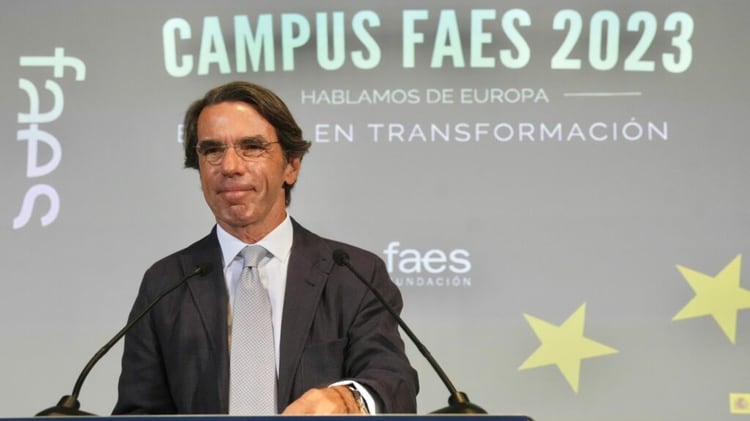The Diplomat
The Spanish government will contribute one million euros to the appeal launched by the International Federation of Red Cross and Red Crescent Societies (IFRC) in response to the humanitarian emergency caused by last Friday’s earthquake in Morocco, according to the Spanish Agency for International Development Cooperation (AECID).
On September 8, 2023, a powerful earthquake measuring 6.8 on the Richter scale struck Morocco. The epicenter was in the High Atlas Mountains, 71 kilometers southwest of Marrakech. At least 2,900 people died as a result of the earthquake, according to the latest data from the Moroccan Ministry of the Interior. It is the strongest earthquake to hit Morocco in 120 years. This crisis has been classified by the IFRC as “red level” after the severity, scale and complexity of the situation caused by the earthquake was assessed.
The Spanish contribution of one million euros will be channeled through AECID and will focus on covering basic needs in the sectors of shelter, water, sanitation and hygiene, health and food security. “We thus reinforce the support on the ground that the UME and ERICAM are already providing,” declared yesterday the acting Minister of Foreign Affairs, José Manuel Albares, through his official account on the social network X, formerly Twitter. “We still have no Spanish casualties to report,” he added in another message.
The Spanish government has sent to Morocco a team of Military Emergency Unit (UME) composed of 56 soldiers and four dogs that traveled on Sunday to Marrakech to collaborate in the search and rescue of survivors. Likewise, some thirty members of the Special Emergency and Immediate Response Unit of the Community of Madrid (ERICAM) are working on the buildings destroyed after the earthquake in the town of Talat N’Yaaqoub, in the province of Marrakech.
AECID made itself available to the Moroccan authorities from the first moment of the catastrophe to offer its humanitarian action. Since then, the Agency has been monitoring the evolution of this emergency in order to evaluate, together with the Moroccan authorities, the most appropriate aid instruments for this situation.
For its part, the IFRC is working in Morocco through the Moroccan Red Crescent, in coordination with the local authorities, with teams deployed in the most affected provinces, such as Haouz, Taroudant, Marrakech and Chichawa. The Red Crescent has already distributed tents, food and drinking water to the affected population. It is also providing psychological support and transport to the injured and is managing a blood bank.







